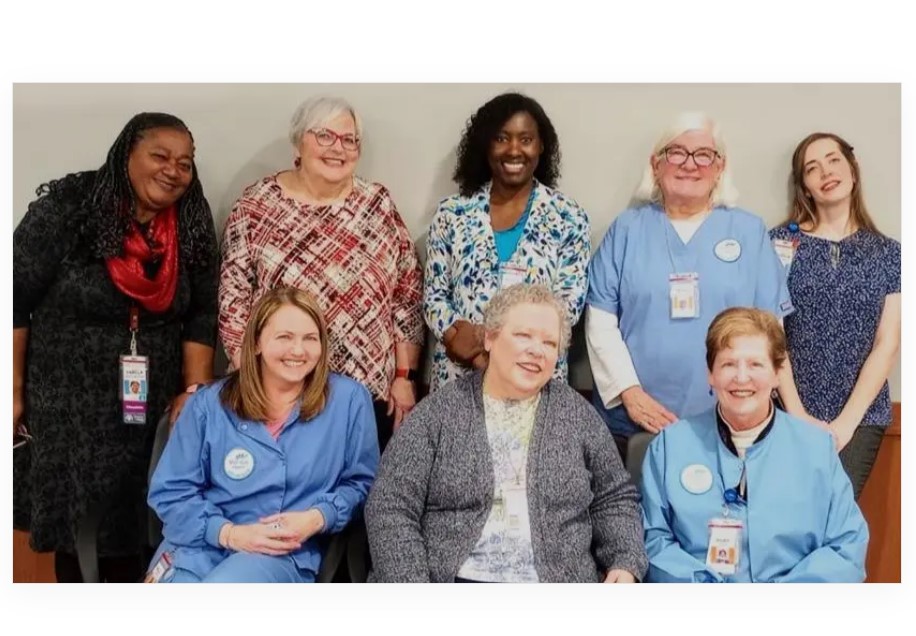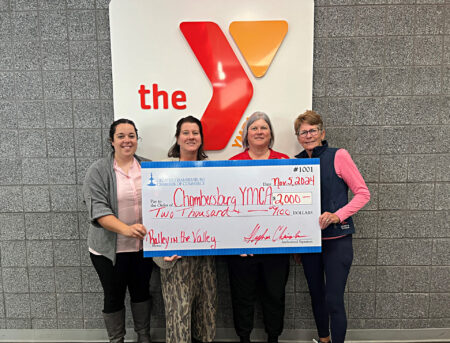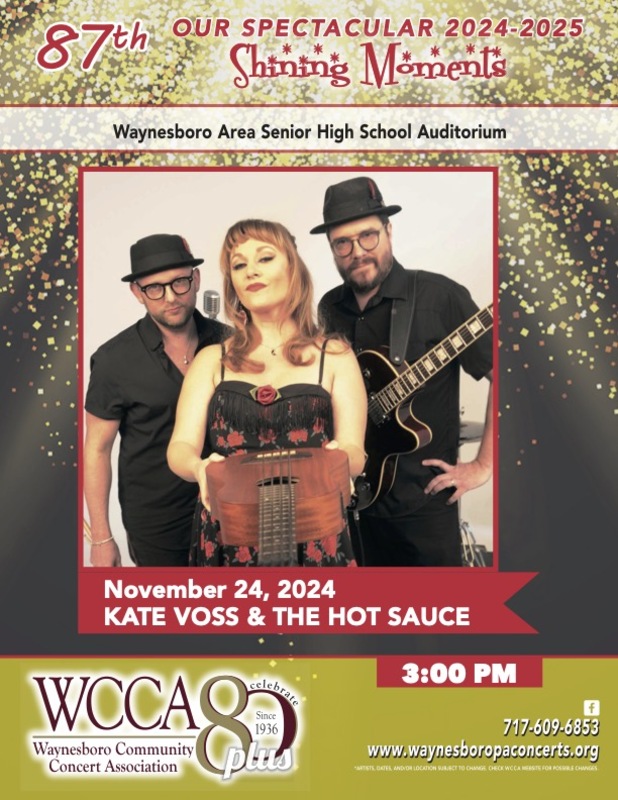Of all the volunteer programs in the Meritus Medical Center Auxiliary, No One Dies Alone (NODA) is unlike any other.
“It requires a special calling,” says Jessica Casey, volunteer coordinator. “NODA is not your typical volunteering opportunity.”
But the program is an important one for the staff at Meritus, who have committed themselves to providing the best care possible to the community. It is also an important program for patients and their family members. The philosophy that drives the mission of NODA is a key component to complete care in treating each person with dignity, in life and in death.
The nationally recognized program first was established at Meritus in 2019, had some stops and restarts during the COVID years, then came back fully in December 2023.
The well-trained volunteers in the NODA Program are known as Compassionate Companions. These amazing volunteers commit to participating in vigils — day and night — for patients nearing death while in the hospital, and have no relatives or friends present.
This can happen for many reasons, such as the person has no surviving family or friends, or the person’s family lives too far away and would not be able to make it in time before the person passed.
There are about a dozen volunteers who work together covering shifts to complete a vigil, which can run from one hour to 72 after medical staff have determined that one is needed.
It might seem somber or even frightening to voluntarily watch and wait until someone passes. But the Compassionate Companions do not see it that way.
“I probably get more out of it than the patient themselves,” said Angie Viar, who is a Compassionate Companion and the lead vigil coordinator. “It’s very comforting that they know they’re not alone.”
The NODA volunteers’ presence also brings peace of mind to the medical staff who are caring for the patient. Especially during peak illness season, Meritus nurses, providers and CNAs are called to care for multiple patients and cannot always be there for the dying patient as they pass.
During a recent group meeting, several NODA volunteers said they received gratitude from nurses who were pleased that the NODA program at Meritus provided these volunteers to help them carry the burden.
“The medical staff, their heart is there to assist those who are dying, but because of their workload, they’re not always able to sit there with them,” said NODA volunteer Nicola Ohaegbu.
What is it like to keep the watch over someone who is dying?
“Each case is different, “Angie said.
Sometimes, they are peaceful. The NODA volunteer can read scripture if the patient had requested, or other inspirational texts. Sometimes the volunteer will play music that they know the patient enjoyed, or simply talk to them so they know that someone is with them. Many times, volunteers sit and hold hands with the patient in comfortable silence.
Other times, the volunteer can bring peace themselves with their very presence.
For example, Angie said that once she was with a man who, though unresponsive, was unsettled. She knew he had been given medication that should have relaxed him.
She knew the man was a local church elder.
“I knew he was a good man. He lived well,” Angie said. “I said the Our Father because I knew it was something that we shared. Almost immediately he settled down. He passed within about five minutes.”
Nicola and Angie described a recent vigil where the wife of the patient was in a nursing home, and both were in their 90s.
When Angie was there, the nursing home had arranged for the wife to come to see him.
“I was able to talk to her briefly just to let her know that I or someone would be sitting with her husband,” Angie said. “The look of relief that passed over her whole countenance, you could see that it was just a relief for her.”
When Nicola was there a few hours later, one of the nurses called the wife and held the phone up to the dying man’s ear.
“They say the last thing to go is the hearing,” Nicola said, “so the last thing we hope that he heard was his wife’s voice.”






















